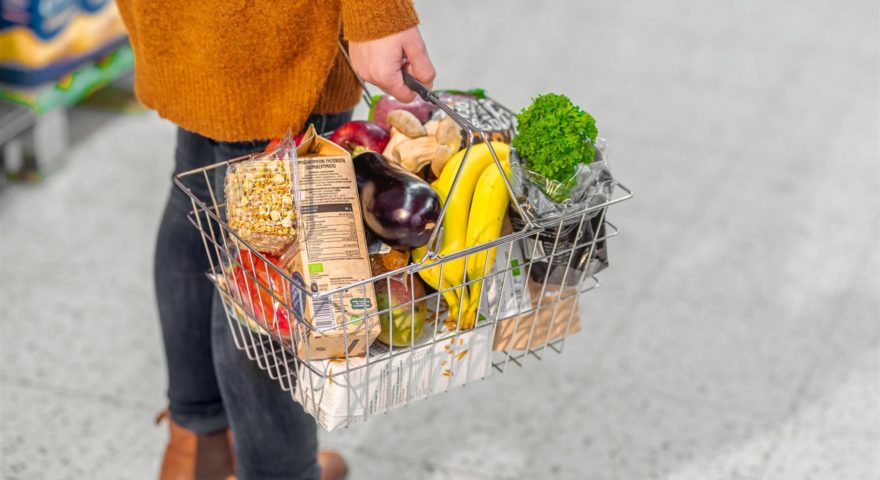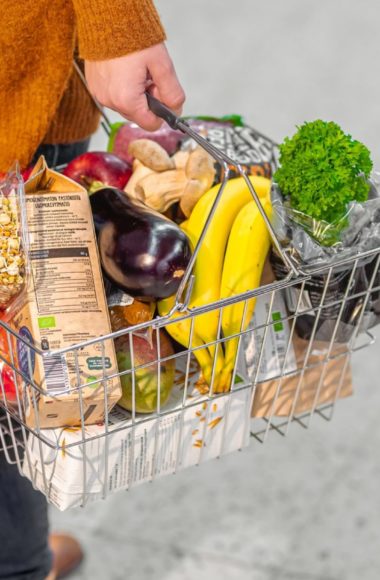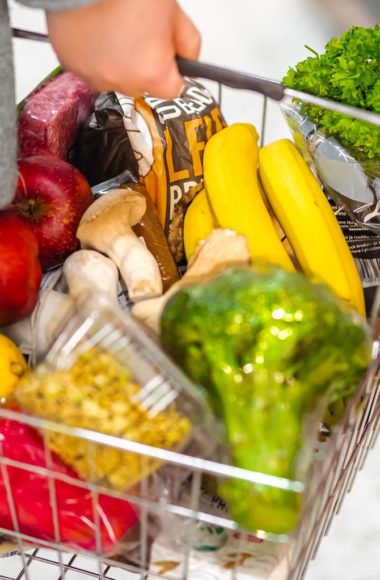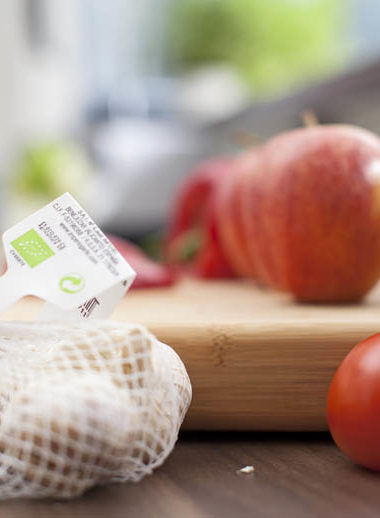Organic products were sold in retail trade for EUR 375 million in 2022, according to estimates from the Finnish Organic Food Association Pro Luomu. Sales decreased eight percent from the previous year. Pro Luomu does not have exact information about the change in volume, but taking into account the increase in food prices, the decrease in volume has been even greater than in value. Organic products accounted for 2.2 percent of the value of the daily grocery food market.
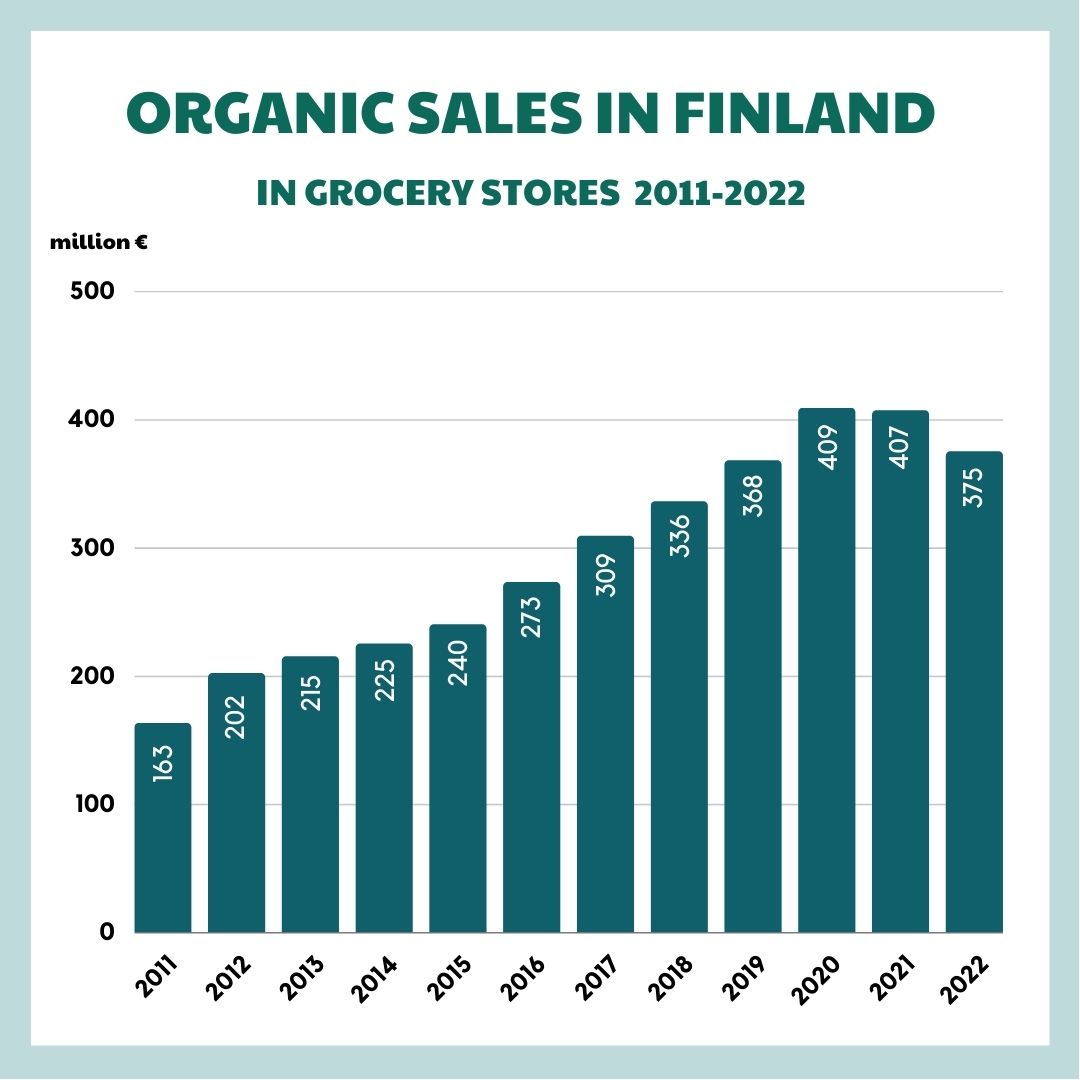
In a recent consumer survey (Kantar TNS Agri 2023), 57 percent of Finns said that they feel that the rise in food prices has a significant impact on how well they can consider responsible choices when shopping for food. In addition, up to 67 percent of Finns say that price increases generally affect what food they buy in the store.
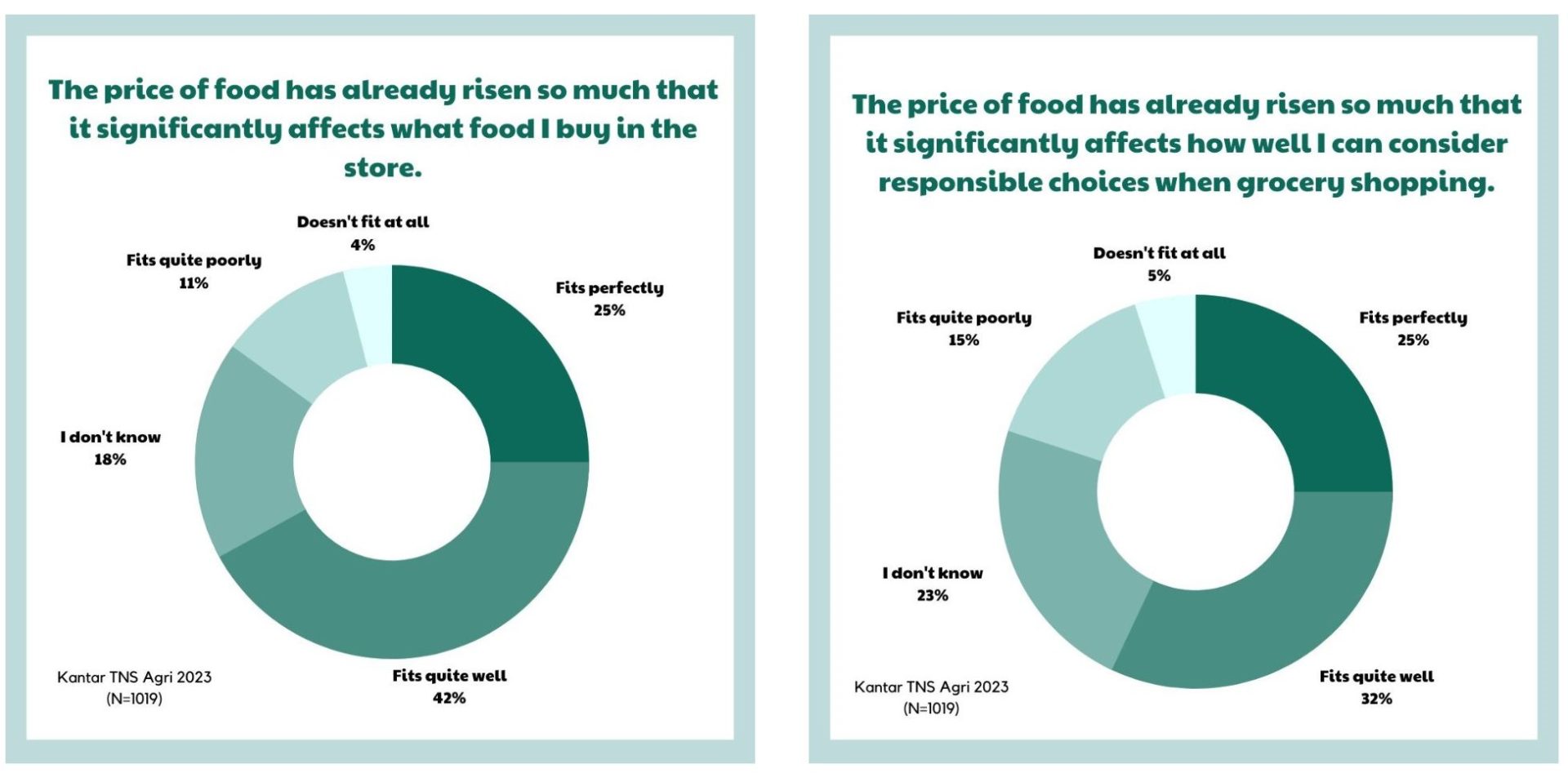
Some of the organic product groups did reasonably well despite the increase in food prices. However, organic baby food was the only product group that managed to increase both value and volume. There were hardly any changes in value and volume in the product groups of yellow fats, juices and kissels, and flakes and groats.
In terms of both value and volume, organic sales fell the most in fresh meat, meat products, vegetables, plant-based beverages, and brewing products. Measured in terms of value, organic lost its market share the most in the product groups of eggs, vegetables, and vegetable oils.
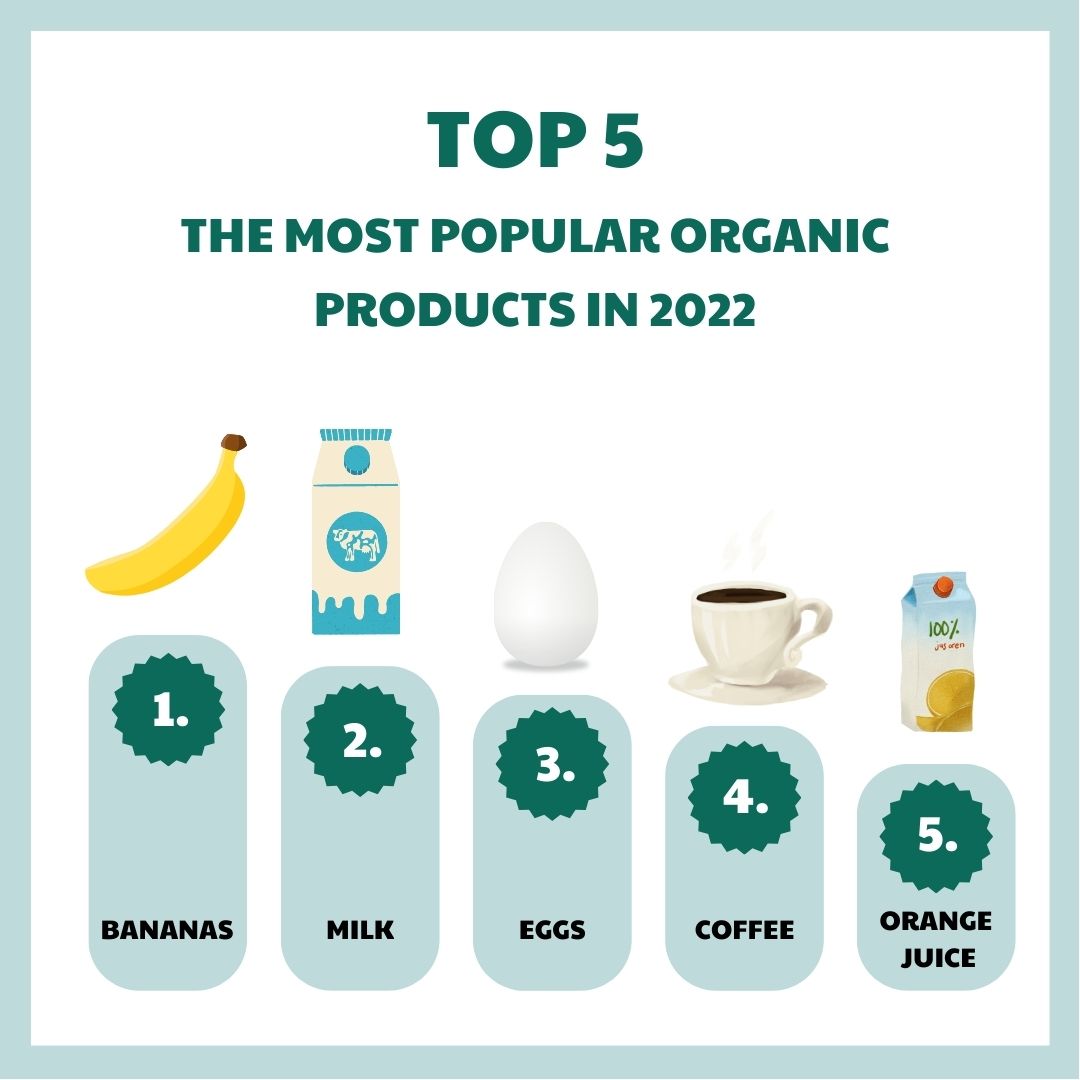
“The increase in food prices and consumers’ increased price sensitivity have clearly affected organic sales. Unfortunately, consumers currently have to consider all responsible choices in the grocery store through their wallets,” says the executive director of Pro Luomu, Aura Lamminparras.
Finns also went back to eating outside the home, i.e. in restaurants and other food services, which generally decreased sales of basic raw materials such as vegetables and meat.
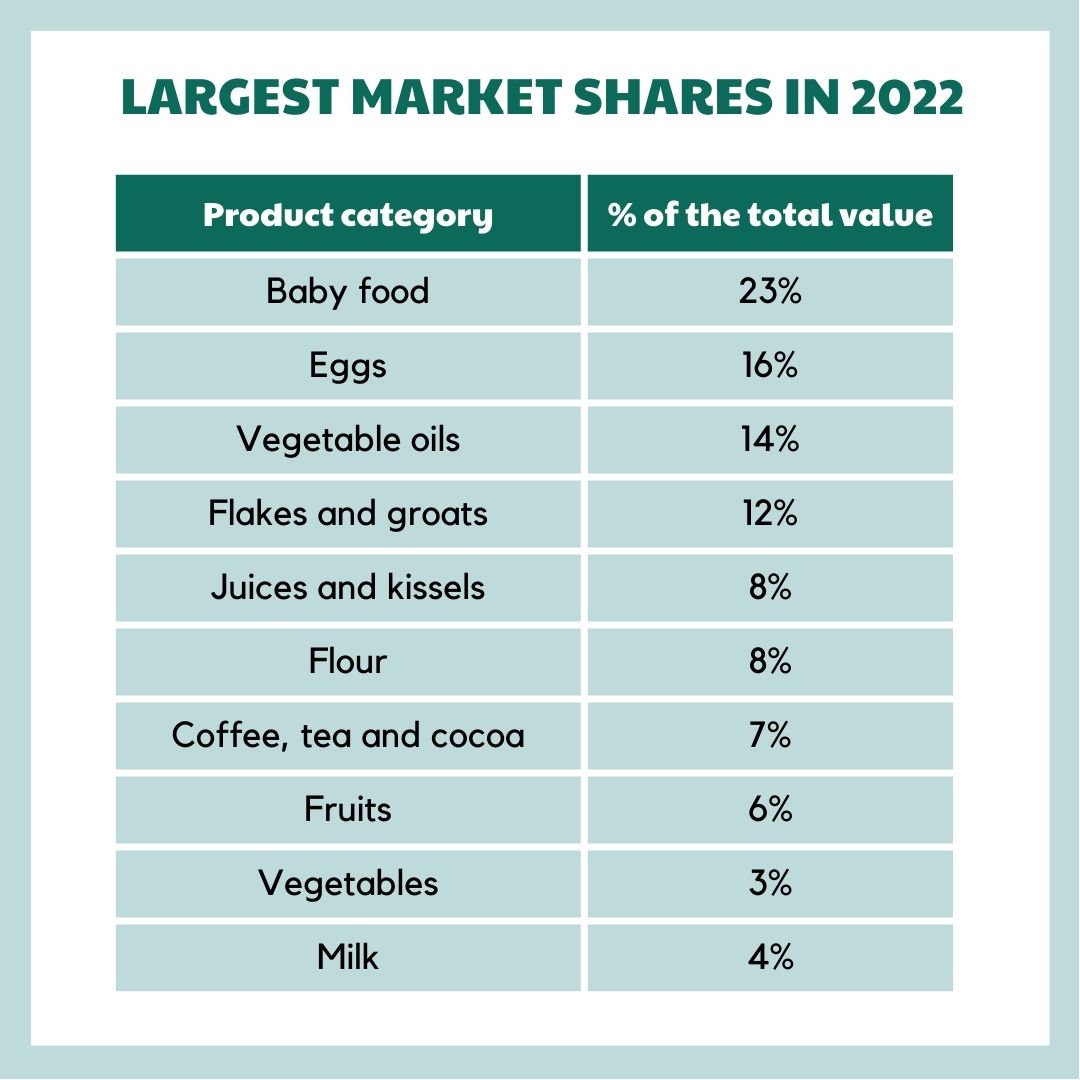
Organic food still has potential
According to a recent consumer survey, 52 percent of Finns consider organic to be at least a fairly important quality for food.
“Finns are still interested in organic products, and consumption can be seen to grow in the long term as part of a larger trend towards responsibility. The current year may still be difficult for organic products, but when inflation stabilizes, the organic market will probably start to grow again.” says Aura Lamminparras.
Exceptional situations in society make consumer behaviour difficult to predict. The corona pandemic already affected organic sales, because in the first year of 2020, food was cooked at home and organic sales rose strongly. The following year, convenience foods were popular, where there are no organic options, so the growth of the organic market stopped.
“Due to such fluctuations in consumer trade, it would be important for organic products to have a strong foothold in, for example, food services and other professional kitchens. In this way, primary production and the refining industry would dare to invest in organic products, which would probably also be reflected on the consumer side in such things as a more versatile selection,” ponders Aura Lamminparras.
The estimate of organic sales is based on data collected by Pro Luomu from trade groups.
For further information please contact: Aura Lamminparras, Executive Director, Finnish Organic Food Association Pro Luomu ry, tel. +358 40 556 8097, aura.lamminparras@proluomu.fi

Funded by the European Union. Views and opinions expressed are however those of the author(s) only and do not necessarily reflect those of the European Union or the European Research Executive Agency (REA). Neither the European Union nor the granting authority can be held responsible for them.


